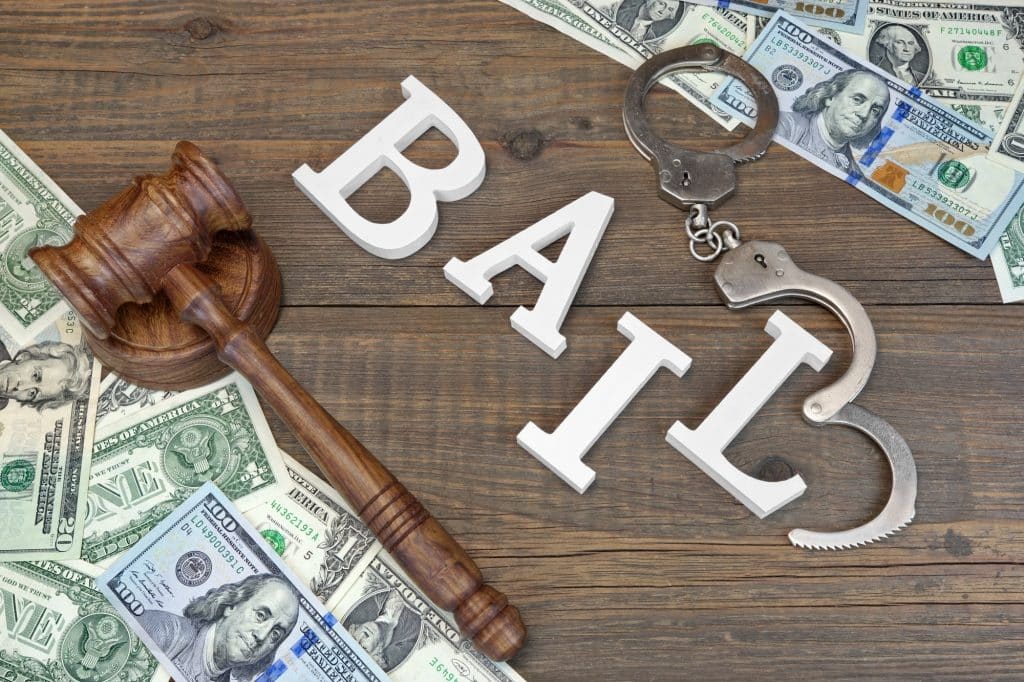Generally, a bail bond is a fee the court pays to release someone from jail. Typically, a portion of the total bond is charged as this fee.
If you’re considering starting a bail bond business, there are many things to consider. But first, you need to understand the functions of a bail bond company.
Table of Contents
Bail Bondsman’s Role
The bondsman’s role in the bail bond company is to help individuals secure their freedom through a surety bond. It is a financial obligation not provided by any bank or other loan institution.
The bondsman’s responsibilities include ensuring the client meets all court requirements before being released from jail. They also keep track of defendants who have missed their court dates and make arrangements to bring them in for a hearing.
Bail bondsmen often interact with various people, from police officers to the victims and families of defendants. As a result, it can be an excellent way to build relationships and grow your business.
The bail bond industry is a career that can be a recession-proof job. It is because of the unique service that it offers.
Functions of a Bail Bondsman
A bail bondsman is a person who offers money to the court so that it can free someone who has been detained and accused of a crime. They do this by posting a bond with the court, ensuring the accused will appear on their scheduled dates.
They charge a fee, usually 10% of the bail amount. They also often require collateral, which can be in the form of property or cash.
Once a defendant has received the necessary funds from their family, they can post bail with the bail bondsman and be released from jail. However, if they fail to appear for their court date, the bail bondsman will hire a bounty hunter and try to find them.
Getting a loved one out of jail is stressful for everyone involved. However, a trusted and knowledgeable bail bondsman will help ease some of the stress.
Bail Bondsman’s Requirements
When starting a bail bondsman business, you must consider the legal procedures and processes that will help you manage your clients throughout their cases. You will also need a way to track defendants from when they are arrested through their trial and even after.
To become a licensed bail bondsman, you should take pre-licensing courses and pass the state licensing exam. These courses usually take 20 hours or so to complete, and they will teach you all about the law and regulations that need to be followed to be a good bail bondsman.
Once you have passed the state test and secured insurance sponsorship, you can register and apply for your license. This process often includes completing an application form found on your state’s Department of Insurance website, submitting documents, proof of resources, and a check for the licensing fee.
Most states have strict requirements for obtaining a bail bondsman’s license. It is because the industry is considered high-risk and comes with many challenges.
Bail Bondsman’s Compensation
When you post a bond with a bail bondsman, they will charge you a non-refundable fee. It is called the bail bond premium and typically runs anywhere from 10-20% of the total amount of your bond.
If you cannot pay this premium, you can get a friend or family member to repay or co-sign the bail bond on your behalf. This person will then pay the fee to the bail bondsman or give you collateral, such as cash, property, or a deed to a home, which the agent will maintain if the defendant misses court or disobeys a court order.
They must also provide a detailed and signed receipt when you pay the premium and when they return any money or collateral. The receipt should also include a statement of any premium restrictions or restrictions placed on your bail.

